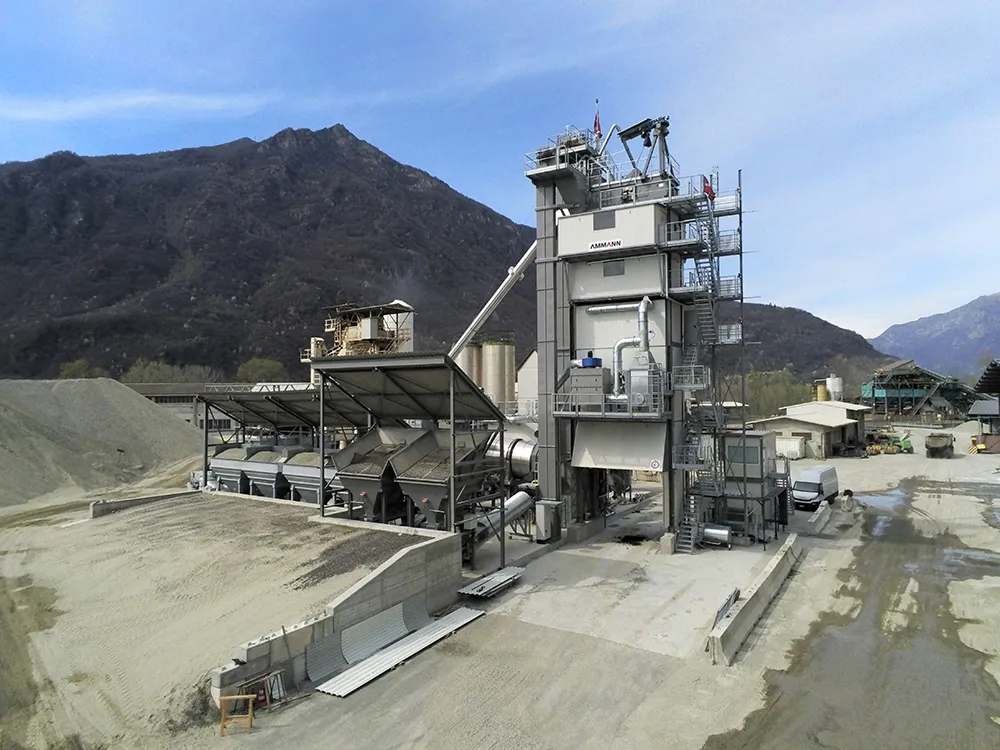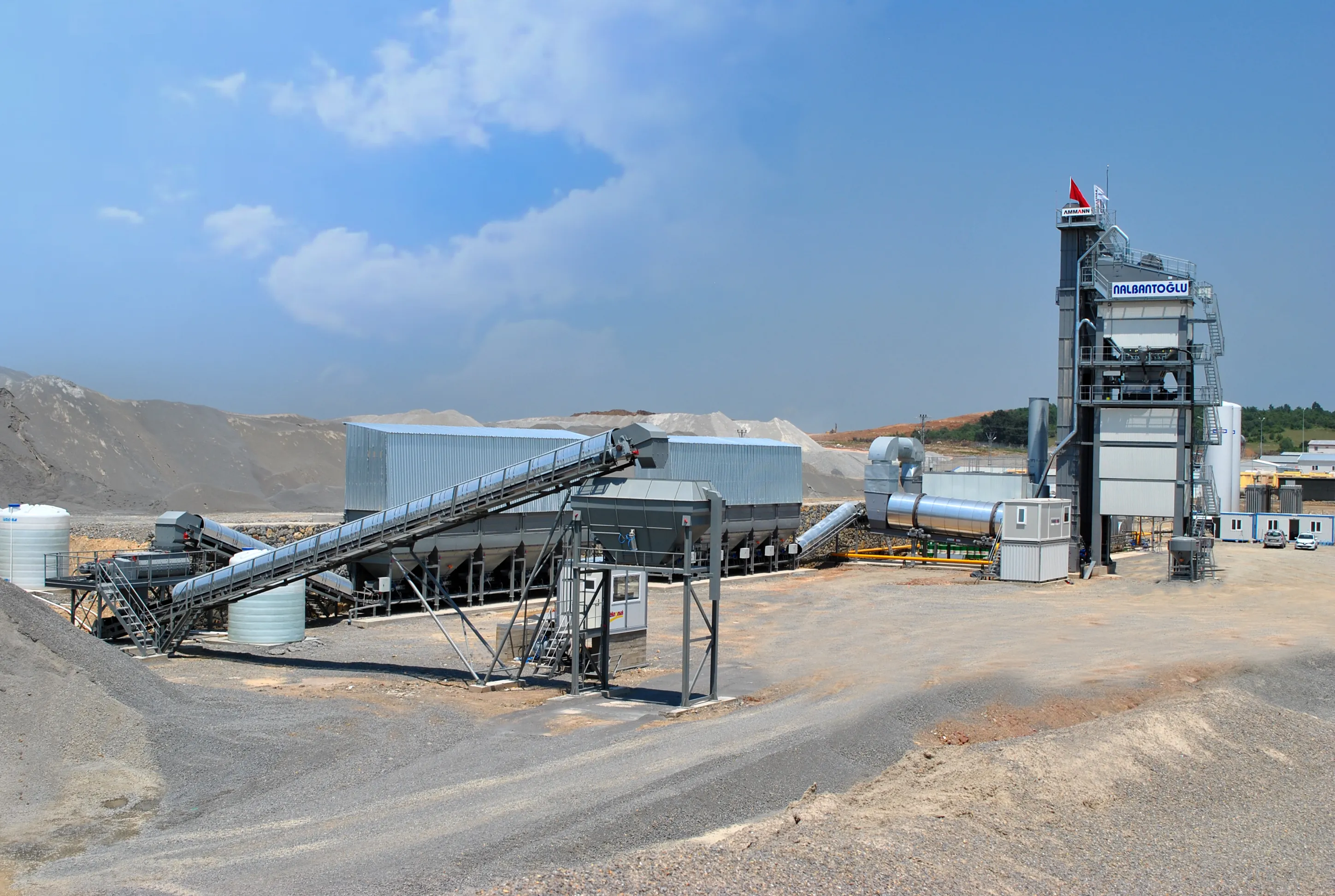Three trees provided by Siemens have been planted in Southampton’s prestigious QE2 mile as part of the carbon offset programme included in the new traffic signals maintenance contract awarded to the company by Southampton City Council.
Southampton's traffic signal engineer, Martin Wylie said: “We are working with Siemens on a number of initiatives to reduce the carbon emissions associated with our Intelligent Transport Systems.
May 15, 2012
Read time: 2 mins
Three trees provided by 1134 Siemens have been planted in Southampton’s prestigious QE2 mile as part of the carbon offset programme included in the new traffic signals maintenance contract awarded to the company by 3548 Southampton City Council.
Southampton's traffic signal engineer, Martin Wylie said: “We are working with Siemens on a number of initiatives to reduce the carbon emissions associated with our Intelligent Transport Systems.
“The city has secured funding from the Carbon Trust via the fund administrator,1548 Salix, and is currently deploying low energy LED traffic signals across the city with an estimated reduction in carbon emissions in excess of 400tonnes/year. Southampton is using a combination of low energy products including Siemens ELV technology and LED retrofit solutions.”
The company says its ELV family of environmentally friendly controllers and signals can reduce energy costs and carbon footprint by up to 75%.
A newly-developed LED signal head retrofit option from Siemens enables existing installed Siemens Helios and Peek Elite signal equipment to be upgraded to the latest Siemens CLS LED technology, without compromising functionality and maximising the re-use of existing roadside infrastructure.
Southampton's traffic signal engineer, Martin Wylie said: “We are working with Siemens on a number of initiatives to reduce the carbon emissions associated with our Intelligent Transport Systems.
“The city has secured funding from the Carbon Trust via the fund administrator,
The company says its ELV family of environmentally friendly controllers and signals can reduce energy costs and carbon footprint by up to 75%.
A newly-developed LED signal head retrofit option from Siemens enables existing installed Siemens Helios and Peek Elite signal equipment to be upgraded to the latest Siemens CLS LED technology, without compromising functionality and maximising the re-use of existing roadside infrastructure.








